March 16th was a day of celebration for this year’s BioBuilderClub teams! These young scientists have worked diligently since last fall to bring science and engineering together to make a difference in the world.
The number of BioBuilderClub teams grew to 30 this year from last year’s 26 teams. This year’s group included three teams from Taiwan and 27 teams from the U.S. They all focused on developing innovative ways to address a wide range of challenges facing humanity and planet Earth.
We hope you are as inspired by their work as we are!
Big Ideas!
The teams addressed a range of vital topics that could positively impact the environment, health, medicine, food, and biomanufacturing. Check out this list of the synbio projects these students have been working on:
Health/Medicine
- An engineered E. coli that removes Cholera toxins from contaminated water
- An engineered E. coli that produces a plastic-degrading enzyme
- A plasmid that detects cancer-indicating telomerase activity in cells
- miRNA biomarkers that detect cancer-promoting Mast Cells in dogs
Environment
- E. coli that detects nitrates and nitrites in aquatic ecosystems
- Bio-based enzymes that help with crude oil spill degradation
- Tests that detect stress hormones and indicators of reproductive harm in salmon populations
- Whole-cell biosensors that detect mercury in the environment
- Biosensors that perform in both aerobic and anaerobic environments
Environment/Food
- A method to improve caffeine retention in fermented coffee
- Broccoli that is toxic to the damaging Diamondback Moth
- Food crops that have cactus-like drought resistant characteristics
- Algae that produce starch for use as a food source
- Corn with improved carbon sequestration capability
- Modified soybean plants that require less water resources
- A yeast that produces antibodies to the typhoid fever bacterium
Environment/Health
- Bacterial indicators of carcinogenic ethylene oxide in the air and/or soil
- Using nanoparticles and engineered bacteria to produce bioluminescent plants that could replace street lights
Environment/Manufacturing
- Bio-based adhesive similar to that on mussel feet
- A sustainable, enzyme-based laundry stain removal process
- Easier, less expensive algae engineering methods for biofuel production
- Generating electricity using bioprocesses such as those in eels
Air- and soil-borne carcinogen biosensors
Crosstown High School from Memphis, Tennessee

The Crosstown High School team in Tennessee is seeking a way to detect the presence of carcinogenic ethylene oxide in the air. As they explain it:

Ethylene oxide (EO) is a carcinogenic compound utilized in the sterilization of medical equipment. It has been noted that communities in which sterilization facilities are located, often poor and minority communities, are experiencing higher rates of cancer than others. We seek to develop a nontoxic biological indicator of EO in air and soil using the Staphylococcus saprophyticus bacterium.
Pest-resistant broccoli
Lambert High School from Suwanee, Georgia
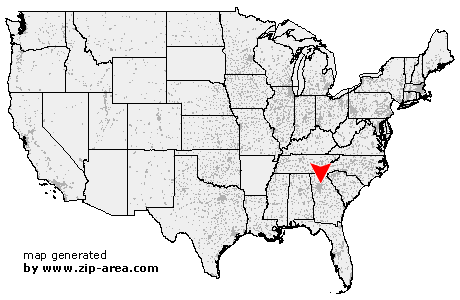
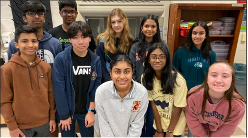
The Black Team at Lambert High School in Georgia is seeking a way to reduce pest-caused losses of cruciferous vegetables. As they explain it:
The Diamondback Moth (Plutella xylostella) feasts on cruciferous plants such as collards, broccoli, and cabbage. Their excessive feasting causes food crop losses of $4-5 billion every year. The main problem with current methods of pest management is that the moths develop resistance to pesticides through mutations. Our team proposes the development of cruciferous varieties that express two different moth-targeted toxins. This approach would circumvent the problem because the secondary toxin would kill any moths that had a natural mutation against the first toxin, and vice versa.
A better way to remove Cholera toxic from water
Taipei American School in Taiwan
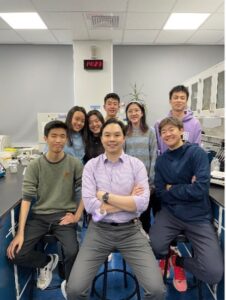
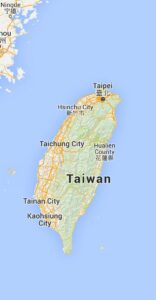
Team B5 from the Taipei American School in Taiwan is looking for a bioengineered water treatment process that removes the toxin that causes Cholera. As they explain it:
Cholera causes acute diarrhea and is common in under-developed countries. It is caused by infection of the gastrointestinal tract by the Vibrio cholera bacterium. There are 1.3 to 4 million cases of Cholera globally each year. Current methods of water purification used in water treatment facilities are inadequate. We seek to create a new method of removing the cholera toxin from contaminated water through an engineered E. coli bacterium.
An organic approach to crude oil degradation
Oak Park and River Forest High School in Oak Park, Illinois
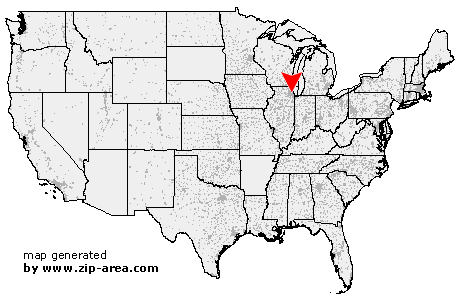
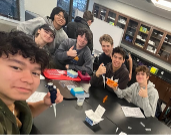
Team 1 from Oak Park and River Forest High School in Illinois is looking for a better way to degrade crude oil spills in the ocean. As they explain it:
Our study aims to find an effective, eco-friendly, and business-lucrative way to tackle crude oil spills in the ocean using proteins Alkane Monooxygenase (AlkB) and Alcohol Dehydrogenase (ADH) synthesized from E.coli. We are focusing on improving a previously designed plasmid containing only one oil degrading protein. Our goal is to break down the oil into smaller pieces so that it will be able to degrade quicker in its natural state. In addition, the ADH protein will make the products of hydrocarbon breakdown usable for oil companies looking to minimize their losses.
BIG THANKS!
We want to thank our sponsors whose generous support of BioBuilderClub is making a big difference in students’ lives and futures:

Thanks also to the wonderful bioengineering professionals who volunteer their time to BioBuilderClub teams. Your student mentoring helps these young scientists grow in both knowledge and enthusiasm. As one student put it, “it was a joy to work with a mentor!”
Device Dude
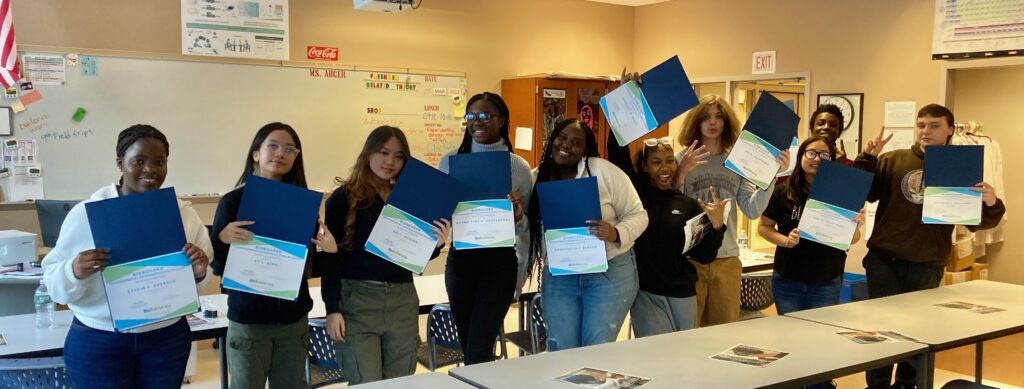
On March 15th, BioBuilder and Worcester Public Schools celebrated the success of this year’s graduates of the Innovation Pathways Program (IPP). Fourteen students received their Biotech and Biomanufacturing Certificates, as well admiration for their hard work and dedication to careers in biotechnology and biomanufacturing!
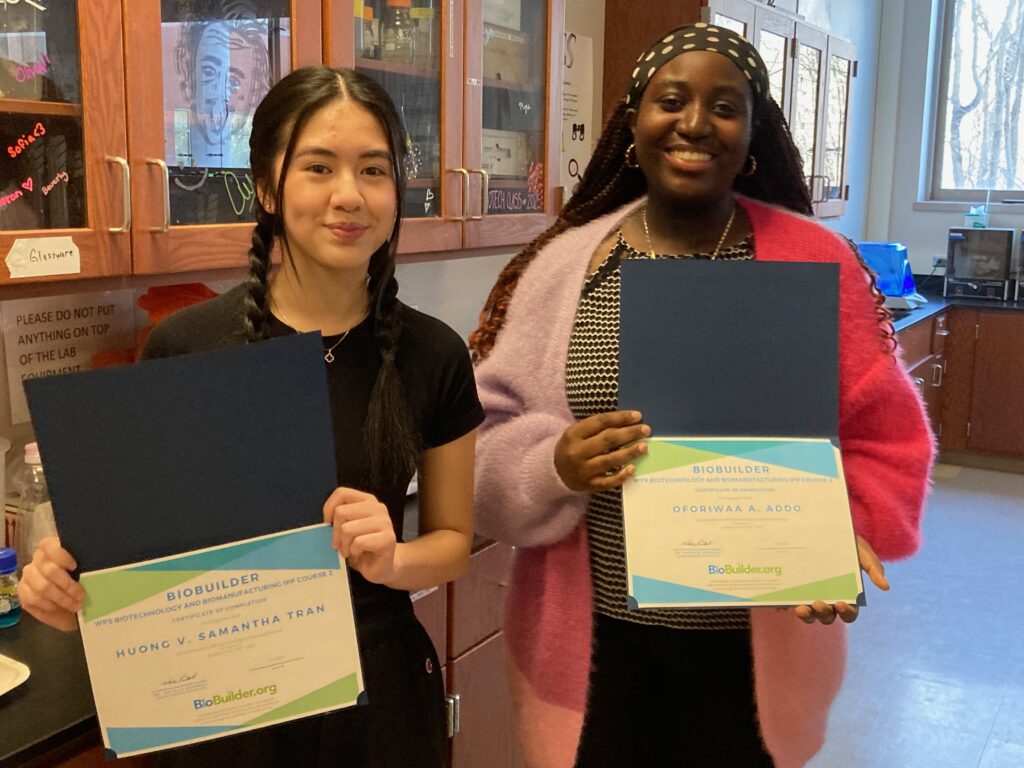
The Massachusetts IPP is an early career program that provides high school students with advanced studies focused on work-readiness for high-growth fields, along with hands-on skills development and opportunities for internships. Worcester Public Schools’ IPP includes a BioBuilder Pathway in biotechnology, biomanufacturing, and synthetic biology.
The Biotech Pathway’s first course familiarizes students with the technical and conceptual underpinnings of 21st century biotechnology. Students also gain proficiency with essential laboratory tools and skills that are required for success in today’s biotechnology industry.
In the Pathway’s second course, students use pre-existing laboratory modules from the BioBuilder curriculum to gain first-hand experience with the engineering design process as it applies to biotechnologies. They also use advanced biomanufacturing equipment to scale production of an enzyme produced from the micro-organism they characterized in the first course.
We are so proud of the graduates and are excited to see them already prepared to enter the biotechnology industry. Congratulations to each of you!